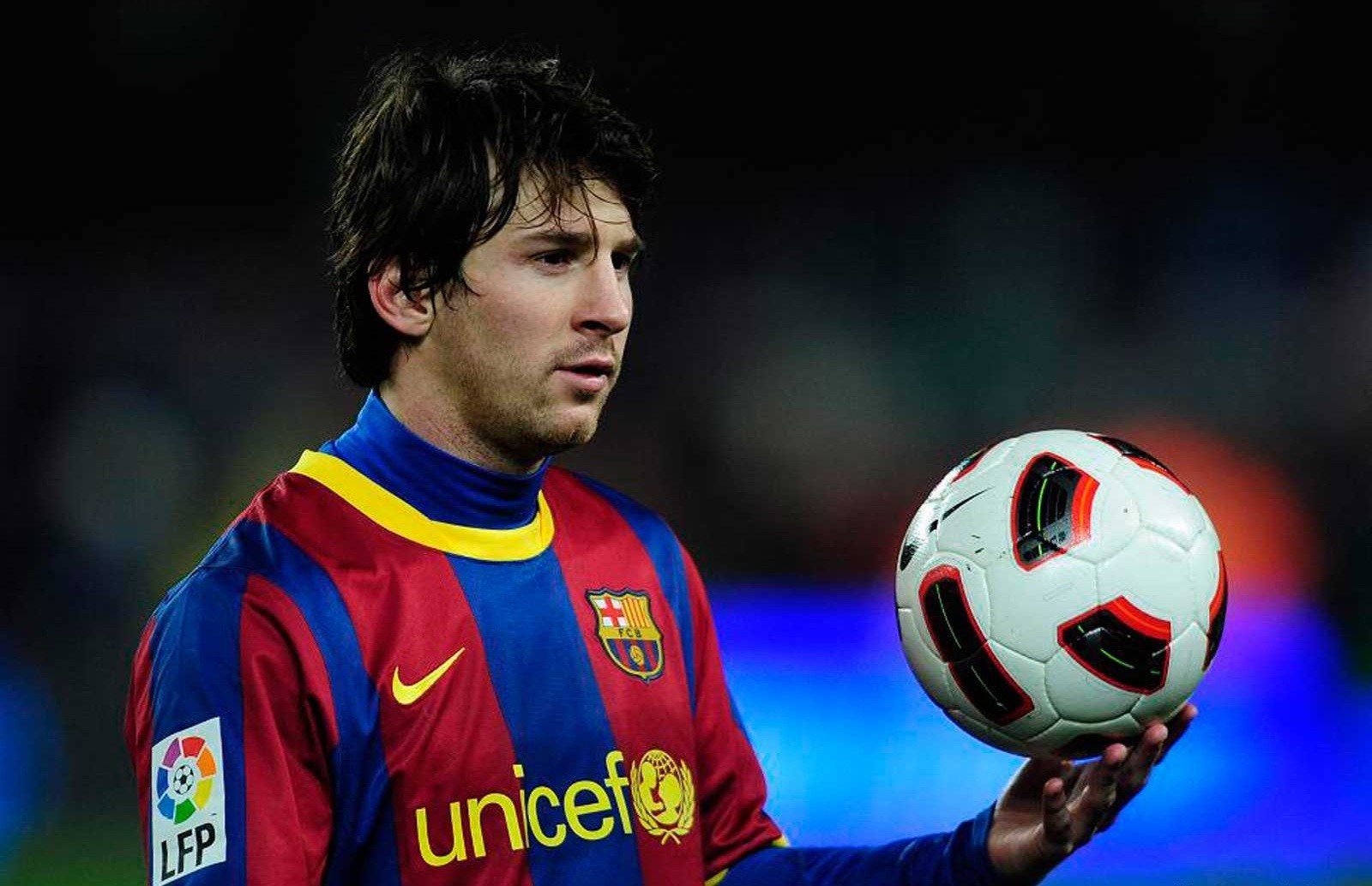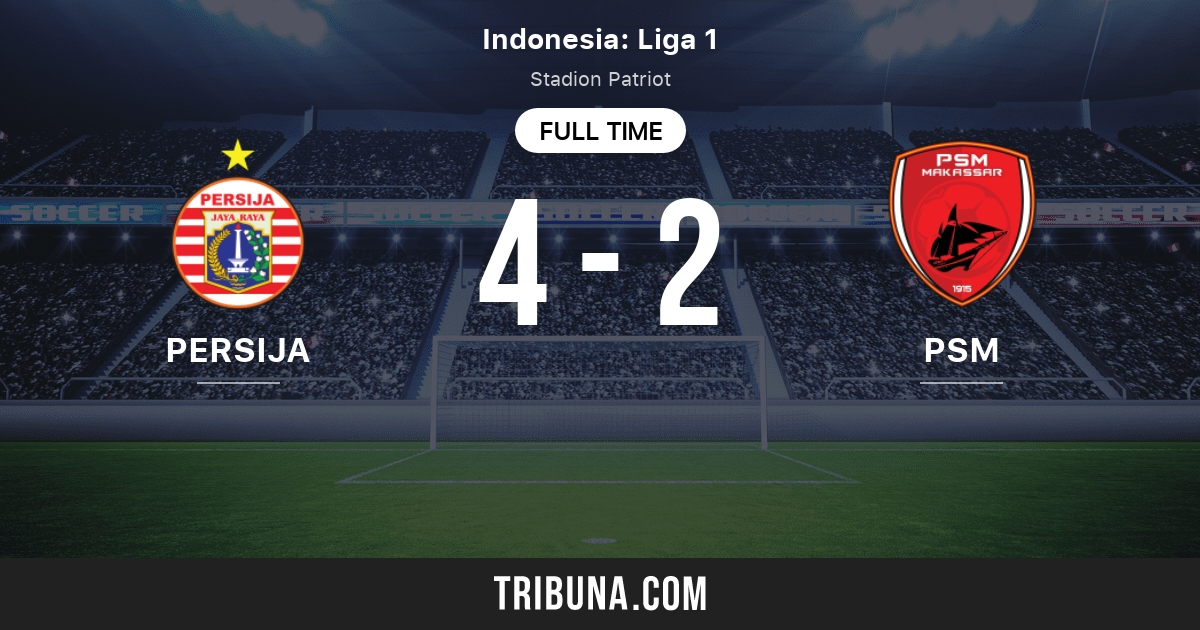
The Unprecedented Scramble: UCL Match Ticket Demand in 2025
The UEFA Champions League, football’s most prestigious club competition, has always been synonymous with unparalleled demand for match tickets. The roar of the crowd, the tension of a pivotal moment, the sheer spectacle of Europe’s elite clashing – it’s an experience that transcends mere sport. As we look ahead to the 2024/2025 season, the landscape of the Champions League is set to undergo a significant transformation with the introduction of the new "Swiss model" format. This evolution, designed to enhance competitive balance and deliver more high-stakes encounters, is poised to catapult the already astronomical demand for match tickets into an unprecedented stratosphere.
In 2025, securing a seat at a Champions League fixture will not just be challenging; for many, it will be an almost insurmountable quest. This article delves into the multifaceted drivers behind this escalating demand, the mechanisms (and frustrations) of ticket acquisition, the economic ripple effects, and the future outlook for fans desperate to witness history.
The Evolving Landscape: UCL 2024/2025 and Beyond
The shift from the traditional group stage to a single league phase involving 36 clubs is a game-changer. Each team will play eight matches against eight different opponents (four home, four away), with all participants ranked in one single table. This format guarantees more matches, more inter-league clashes, and crucially, more "big" games in the early stages that previously would only occur in the knockout rounds.
For fans, this means an increased number of potentially high-profile home fixtures for their clubs, but also a more diverse set of opponents, leading to highly anticipated match-ups. The inherent unpredictability and the increased stakes from the very first whistle will intensify the allure. A match that might have been a routine group-stage fixture in the past could now have significant implications for a team’s qualification or seeding, amplifying its appeal to supporters. This structural change is the primary catalyst for the expected surge in demand for tickets in 2025 and beyond.
The Multifaceted Drivers of Demand
Several powerful forces converge to create the colossal demand for UCL tickets:
-
Sporting Prestige and Elite Performance: The Champions League is the pinnacle of club football. It features the world’s best players, the most tactical minds, and the highest stakes. Fans crave to witness greatness, to see their heroes perform on the grandest stage, and to be part of an atmosphere charged with world-class sporting drama. The allure of seeing legends like Kylian Mbappé, Erling Haaland, or Jude Bellingham in person is an undeniable draw.
-
Globalisation and Brand Power: Football is a global religion, and the Champions League is its holiest scripture. Billions tune in worldwide, creating a truly global fanbase. Clubs like Real Madrid, Manchester United, Bayern Munich, and Barcelona boast hundreds of millions of supporters across continents. While most will never attend a match, the sheer volume of this global interest contributes to a heightened sense of exclusivity and desirability for those who can attend. The iconic "Champions League anthem" itself has become a globally recognized symbol of elite sport.
-
Social Media and FOMO (Fear Of Missing Out): In the age of Instagram, TikTok, and X (formerly Twitter), live experiences are instantly shareable. Attending a Champions League match is not just about the game; it’s about the content, the memories, and the bragging rights. The constant stream of highlights, fan reactions, and stadium atmosphere clips creates a powerful "FOMO" effect, driving more people to seek out the live experience.
-
Event Tourism and Corporate Hospitality: Beyond the die-hard local fans, a significant portion of demand comes from football tourists and corporate entities. For many, a Champions League match is the centerpiece of a city break, an opportunity to combine travel with a bucket-list sporting event. Corporations, meanwhile, utilize hospitality packages as premium client entertainment, offering unparalleled networking opportunities in a thrilling environment. These segments are often less price-sensitive, contributing to upward pressure on prices.
-
The "Experience Economy": Modern consumers value experiences over possessions. A Champions League match is more than 90 minutes of football; it’s an immersive event with pre-match build-up, vibrant fan zones, the electric atmosphere, and post-match celebrations. It’s a memory to cherish, making it a highly desirable commodity in the experience economy.
Navigating the Ticket Labyrinth: Primary vs. Secondary Markets
For the average fan, securing a UCL ticket in 2025 will be a multi-stage challenge, often starting months in advance:
1. The Primary Market: A Fortress for Loyalists (and the Lucky Few)
- Club Membership Tiers: The most common and often only legitimate path to a ticket is through club membership. Top clubs operate tiered systems (e.g., season ticket holders, premium members, general members). Season ticket holders usually have priority for home matches, often bundled into their annual package. For non-season ticket holders, higher membership tiers offer earlier access to sales windows or preferential ballot entry.
- Balloting Systems: For high-demand matches, clubs frequently employ ballot systems. Fans register their interest, and tickets are allocated randomly. The odds of success can be astronomically low, especially for marquee clashes.
- Limited General Sale: Very rarely, if ever, do UCL knockout stage or significant league phase matches go to general sale. If they do, tickets are typically snapped up within minutes, often by bots or professional scalpers.
- UEFA Allocations: For finals and semi-finals, UEFA directly manages a portion of ticket sales, often through a lottery system open to the general public, in addition to allocations for participating clubs. Success rates for these lotteries are notoriously low, with hundreds of thousands applying for a few tens of thousands of tickets.
2. The Secondary Market: A Wild West of Resale
When the primary market fails, fans inevitably turn to the secondary market, which is a mixed bag of legitimate resale and predatory practices:
- Official Resale Platforms: Some clubs and UEFA operate official fan-to-fan resale platforms, allowing season ticket holders or those unable to attend to sell their tickets at face value or a small premium. These are the safest options but are also highly competitive.
- Unofficial Resale Websites: Platforms like StubHub, Viagogo, and Ticketmaster Resale are rife with Champions League tickets. However, prices on these sites are often dramatically inflated, sometimes reaching several times face value, reflecting the intense demand. Buyers also face risks of counterfeit tickets or issues with entry, despite buyer protections offered by some platforms.
- Ticket Touts/Scalpers: Operating outside official channels, touts are a persistent problem around stadiums. They often sell tickets at exorbitant prices, with no guarantee of authenticity. This practice is illegal in many jurisdictions.
- Online Scams: The desperation for tickets fuels a dark underbelly of online scams, where fraudsters sell non-existent or fake tickets, leaving fans out of pocket and without entry.
The Economic Ripple Effect and Challenges
The insatiable demand for UCL tickets has profound economic implications:
- For Clubs: It’s a financial boon. High demand allows clubs to charge premium prices, driving significant matchday revenue. It also fuels membership sales and merchandising. However, clubs walk a tightrope, balancing revenue generation with fan loyalty and accessibility, often facing criticism for pricing out traditional supporters.
- For Host Cities: UCL matches bring a massive influx of tourists, boosting local economies through hotel bookings, restaurant spending, public transport usage, and retail. Major finals, in particular, can generate tens of millions of euros for the host city. However, it also strains infrastructure and can lead to price gouging in hospitality sectors.
- For Sponsors and Broadcasters: The immense viewership and highly engaged audience make the Champions League an incredibly attractive proposition for sponsors, leading to lucrative deals for UEFA and the clubs. Broadcasters pay billions for rights, knowing they can deliver unparalleled content to their subscribers.
Despite the economic benefits, the demand crisis presents significant challenges:
- Affordability and Equity: The rising cost of tickets, especially on the secondary market, increasingly prices out working-class and long-standing fans, transforming the matchday experience into a luxury accessible only to the affluent or corporate clients. This raises questions about the "democratization" of football and who the sport truly serves.
- Fan Frustration and Disillusionment: The constant battle to secure tickets leads to widespread frustration, anger, and disillusionment among passionate supporters who feel disconnected from their clubs and the game they love.
- Security and Counterfeiting: The high value of tickets fuels a market for counterfeits, posing security risks at stadium gates and leading to heartache for defrauded fans.
Mitigation and Future Outlook
Clubs and UEFA are acutely aware of the demand issue, but comprehensive solutions are elusive. Attempts at mitigation include:
- Tiered Membership Systems: Designed to reward loyalty, though even these offer no guarantee for the biggest games.
- Official Resale Platforms: A step towards legitimate secondary market transactions at controlled prices.
- Dynamic Pricing: While controversial, some clubs use dynamic pricing, where ticket prices fluctuate based on demand, opponent, and time of purchase. This can lead to higher prices for popular matches but aims to optimize revenue.
- Technological Solutions: The future might see greater adoption of blockchain-based ticketing to combat counterfeiting and ensure transparent resale, though widespread implementation is still some way off.
Looking ahead to 2025, the demand for Champions League tickets is only set to intensify. The new format promises more thrilling encounters, ensuring that every match carries significant weight. The global appeal of football shows no signs of waning, and the desire for authentic, live experiences remains paramount.
Ultimately, the Champions League is a victim of its own success. Its unparalleled prestige and entertainment value ensure that the scramble for tickets will continue to be one of the most competitive contests off the pitch. For the dedicated fan, securing a ticket will increasingly require a combination of unwavering loyalty, meticulous planning, a significant budget, and perhaps, a healthy dose of pure luck. The dream of witnessing Europe’s elite battle it out under the floodlights remains, but for many, it will remain just that – a dream.



